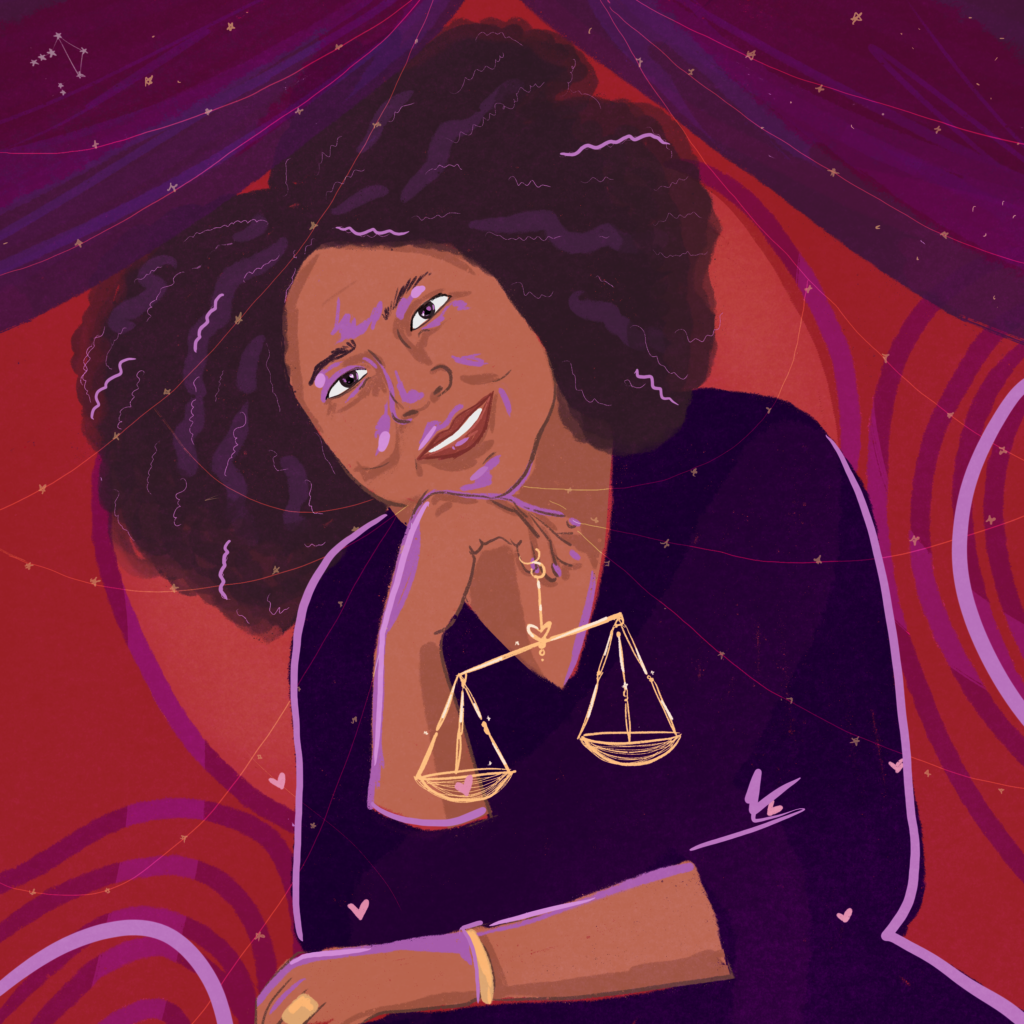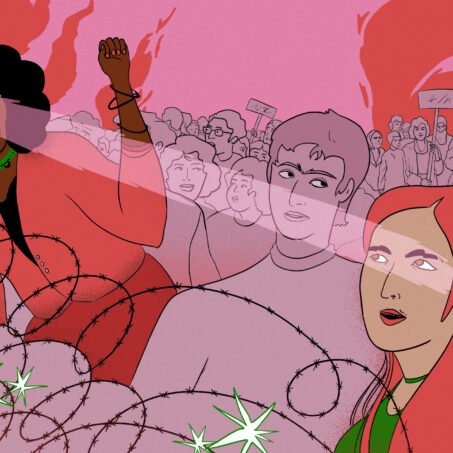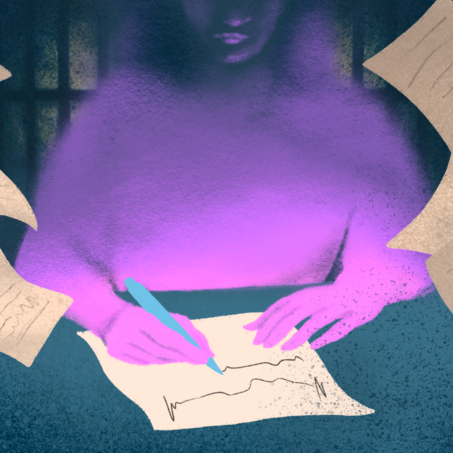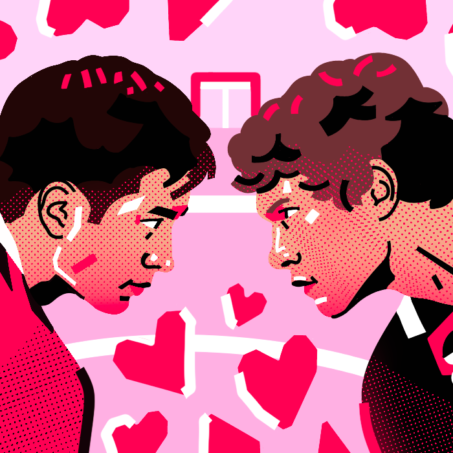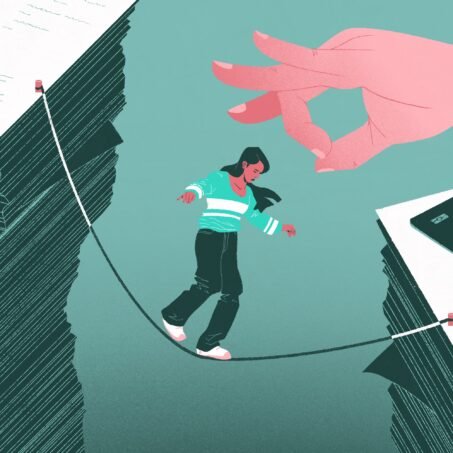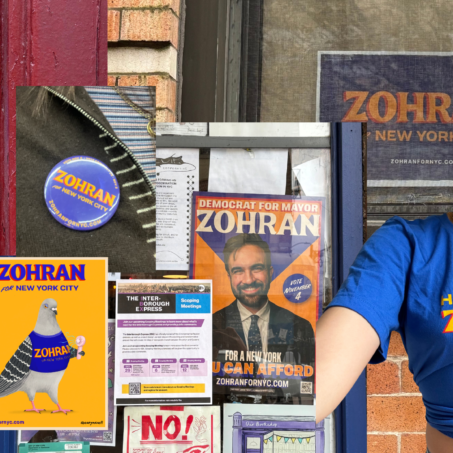Dear Reader (wherever you are),
bell hooks was a Libra; that makes sense.
Born on 25 September, 1952 in Hopkinsville, Kentucky, she was introduced to the world as Gloria Jean Watkins, but later changed her name to bell hooks.
This was her first and most direct way of honouring her great grandmother, Bell Blair Hooks, in her work. Charming, connective, and balanced, bell hooks’ name is spelled in all lowercase letters to decentralise herself from the subjects that her work focuses on: racism, misogyny, intersectionality, and fostering self-love.
I can’t fully imagine bell’s reality; being a Black girl during American Segregation and later attending an integrated high school sounds like a unique type of torment. Whenever I hear people say “I can’t believe XYZ is still happening in 2022”, I roll my eyes and then remind myself that they’re focusing on the parts of liberation that involve hate, not self-love, which is what bell often advocated for.
As a Black person, a woman, a queer person, a child of immigrants, a sex worker, a recovering addict, and a neurodivergent person, I’ve had to learn a whole lot about self-love.
bell hooks’ books taught me a considerable amount about how to honour Addis while living in my reality. I’m extremely thankful for that; I don’t think I’ll ever not be.
My versions of self-love are a practice, but they do start to waver around the holidays: remembering my lives with friends and family who have come and then gone is not easy for a person living in a world that isn’t afraid to remind you how committed it is to not understanding you.
And I don’t think I’m alone in feeling lonely during times of communal celebration. A few months ago I spent some time re-digesting a few of bell hooks’ works and I wanted to share six important quotes about self-love that stuck out to me: a neurodivergent former addict who comes from a Black immigrant family and somehow also exists as a queer woman sex worker. I bet you’re saying that at three times the speed right now.
Through discovering sustainable sobriety and the longer-term joy that has brought me, I’ve learned that the opposite of addiction is connection. So I’m here to connect with you similarly to how bell hooks’ empathetic and receptive words connected to me (and I’d expect no other way for a Libra writer to speak about self-love):
- “All too often women believe it is a sign of commitment, an expression of love, to endure unkindness or cruelty, to forgive and forget. In actuality, when we love rightly we know that the healthy, loving response to cruelty and abuse is putting ourselves out of harm’s way.” – bell hooks, All About Love: New Visions
There’s a certain kind of pressure during the holidays which magnifies as we get older. Apparently the longer we’ve known someone the more essential it is that we get them a holiday present (or at least a card). Remember that your emotional health, sanity, and financial bandwidth are more important than using a sweater or some cufflinks to earn affection.
- “To me the family has always been that place of familiarity that holds and hurts us.” – bell hooks, Belonging: A Culture of Place
And that’s okay. Not only is it okay, it’s sensible. The kind of recognisable pain that I’ve felt with family is somehow always worse than anything I’ve felt from former friends, coworkers or romantic partners. It means that even without the option to separate themselves from me fully, they still continue to hurt. The good news is that people who chose you with their full hearts and minds are actively loving you. Remember that.
- “Feminism has never emerged from the women who are most victimised by sexist oppression; women who are daily beaten down, mentally, physically, and spiritually – women who are powerless to change their condition in life. They are a silent majority.” – bell hooks, Feminist Theory: From Margin to Center
Platonic friendships are not exempt from the dynamics of the winter holiday season. I find that my friendships with other women come into focus during this time, especially when those friends are non-Black.
While it’s never okay to judge a Christmas gift by its cover I’ll still ask myself: did they pour into this friendship the same way that I have all year or is this Sephora card an attempt to save face? There’s a certain way that more marginalised women care for each other, and I will not be explaining that in this piece, but it is most noticeable during the holidays.
- “Being oppressed means the absence of choices.” – bell hooks
Sometimes people show up for you the best way that they can, even if it means not meeting your expectations. Sometimes people have an abundance of options and select the one that’s most convenient for them only. Both are choices, as is how you move forward with them. Choose the option that can gift you the most love.
- “I will not have my life narrowed down. I will not bow down to somebody else’s whim or to someone else’s ignorance.” – bell hooks
And to add onto #4: There is power in choosing to teach someone how to love you (if they are willing to learn). However, those who are not willing or able to learn are narrowing your life down. The holidays are a very opportune time to teach, and to learn about others’ love styles too. I heard once that a good teacher is always learning; that probably applies here too.
- “Love is a combination of care, commitment, knowledge, responsibility, respect, and trust.” – bell hooks
Not everyone can give you everything, but the ones who matter will try their best with what they can. Don’t forget that you deserve the effort as well as the outcome.
Okay, I lied.
I have a seventh bell hooks quote for you. But it’s not from any of her books, audio recordings, or lectures.
This final quote is from 2003 a New York Times article written about my father’s book festival in Jamaica, Calabash International Literary Festival, which bell hooks attended. I was about 7 years old at the time of this piece’s release, but now about 20 years later I still find myself re-reading it whenever I need an extra boost of self-love or another reminder to not self-loathe.

Join our mailing list
Sign up for shado's picks of the week! Dropping in your inbox every Friday, we share news from inside shado + out, plus job listings, event recommendations and actions ✊
Sign up for shado's picks of the week! Dropping in your inbox every Friday, we share news from inside shado + out, plus job listings, event recommendations and actions ✊
It rained on that day of the festival in 2003, the section of this article that mentions bell hooks reads:
“Enter Ms. hooks, who came from New York with a message of love. She rued ‘the denigration of love in black experience,’ preached self-esteem and criticised black mothers for treating their little boys like Don Juans. And she announced that she herself was looking for love: ‘I was not meant to be alone.’ Then she led a stormy Oprah-like session, with the audience covering everything from Jamaican homophobia to the national fear of lizards. Ms. hooks was briefly upstaged by Mr. Channer and some helpers vigorously poking the tent with umbrellas, draining the rain from the roof. ‘They’re having too much fun,’ Ms. hooks said, like a stand-up comic dealing with a heckler. ‘Is this symbolic, trying to drown the Black woman’s voice with an overwhelming sound?’ she laughed. ‘Oh, I know, you’re just trying to keep it dry for us.’ When Ms. hooks ended her ministry of love, no one wanted to leave the refuge of the tent.”
Each time I re-read this segment of that article from two decades ago I imagine bell hooks and my father (both Libras) using their air sign charms to heckle each other tastefully in public.
I recall that I haven’t lived with my Libra father full-time since just after this article was written. I consider that the circumstances which led to living with my father for less than 30% of my life eventually led me to boarding school and Middlebury College, two places where my self-loathing bloomed through drugs and isolation. I bear in mind that her words keep helping me get out of places that self-hatred introduced me to. I remember holidays then and now.
And I realise that influences of self-love and self-hatred were, are, and always have been co-existing. bell hooks’ loving language reminds me of things my father’s impatience taught me to forget. Two sides of the same coin that encourage me in wildly different ways.
Thank you, bell hooks, for always providing the space for me to connect with others and practise my versions of self-love. Even when I wasn’t in the room. I hope that anyone reading this has the space to do the same too.
Happy New Year,
Addis Fouché
What can you do?
- Listen to the podcast: “All About Love: New Visions” by bell hooks from Black Feminist & Bookish
- Read the blog post: “Poems from bell hooks, ‘When Angels Speak of Love”
- Read the book: Feminist Theory: From Margin to Center by bell hooks
- Read more articles by shado editor, Addis Fouché HERE
